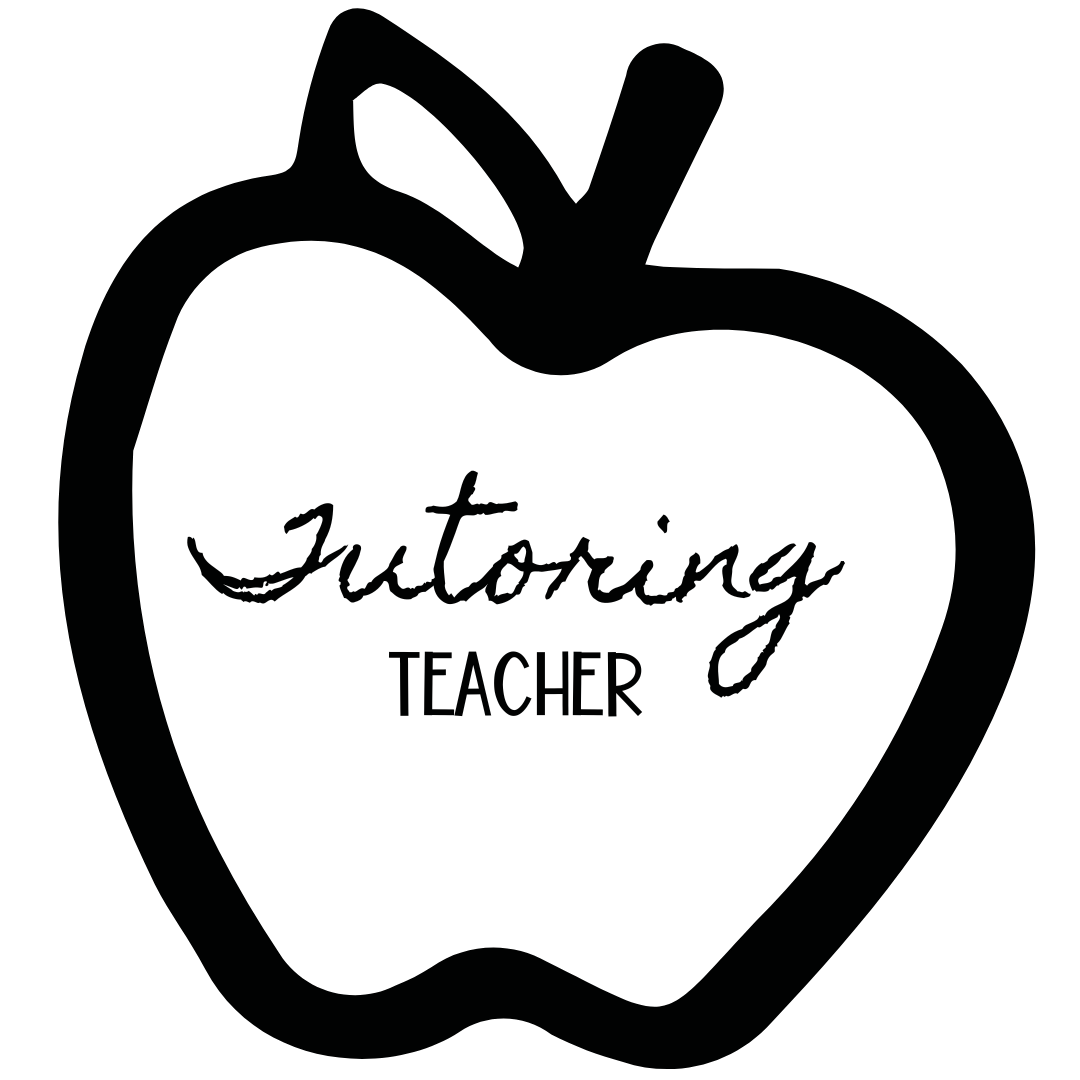Engaging Literacy Activities for February: Books, Writing, and Phonics Fun

February can be a tough month in kindergarten. The newness of the school year is long gone. Winter weather keeps kids stuck inside, and let’s be real—emotional regulation needs a refresh. This is the perfect time to shake things up with engaging literacy activities that reinforce kindness, social-emotional learning, phonics, and fluency.
Here are some easy-to-implement ideas (plus great book recommendations) to keep your little learners engaged and learning all month long.
1. Teaching Kindness Through Books and Writing
By now, kids sometimes need a reminder about how to be kind and respectful to each other. I know this is true in my classroom. Books are a great way to spark conversations and encourage students to practice kindness in and out of the classroom.
Great Books to Read:
📖 The Kindness Book by Todd Parr – A simple and fun way to introduce kindness.
📖 A Little Spot of Kindness by Diane Alber – Helps kids see what kindness looks like in action.
📖 Strictly No Elephants by Lisa Mantchev – A sweet story about inclusion and friendship.
Easy Kindness Activities:
- Kindness Jar: Have students write or dictate one kind act they did each day and drop it in a classroom kindness jar. Read them aloud at the end of the week.
- Kindness Chain: Each student writes something kind they did for a friend on a paper strip. Link them together to create a kindness chain to hang in the classroom.
2. Resetting Emotional Regulation Through SEL Stories
Let’s face it—mid-year meltdowns happen. Books that focus on emotions and self-control can be powerful tools to help students recognize their feelings and find healthy ways to manage them.
Books That Help with Big Feelings:
📖 My Mouth is a Volcano by Julia Cook – Perfect for teaching kids how to stop interrupting.
📖 When Sophie Gets Angry – Really, Really Angry by Molly Bang – Helps kids understand strong emotions.
📖 The Color Monster by Anna Llenas – A visual and engaging way to talk about feelings.
Try These SEL Activities:
- Emotion Journals: After reading The Color Monster, have students draw or write about a time they felt happy, sad, or frustrated.
- Role-Playing Scenarios: Act out common classroom conflicts and brainstorm ways to solve them. Use puppets or student volunteers to make it fun!
3. Phonics Fun: Strengthening Blending Skills
By February, most students are blending CVC words, but they still need lots of practice. Keeping phonics fun and interactive is key!
Books to Support Rhyming & Blending:
📖 There’s a Wocket in My Pocket by Dr. Seuss – A silly way to practice rhyming.
📖 Rhyming Dust Bunnies by Jan Thomas – Great for getting kids excited about rhyming patterns.
📖 Chicka Chicka Boom Boom by Bill Martin Jr. – A fun way to reinforce letter recognition and early blending.
Hands-On Blending Activities:
- Blending Relay: Write CVC words on index cards, spread them around the room, and have students hop, skip, or crawl to pick up a word, blend it, and read it aloud. (This is one of my favorite activities when my class has been inside for rainy day recess.)
- Magic Writing Boards: Say a word, have students stretch out the sounds, and write it on a whiteboard. Erase one letter at a time to reinforce segmenting and blending.
- Rhyming Scavenger Hunt: Read Rhyming Dust Bunnies, then challenge students to find objects in the classroom that rhyme with a given word. This is another game my students love to play when we have been inside for way too long!
4. Keeping Writing Fun & Engaging
By this time of year, kids are writing simple sentences—but they may need a little extra motivation. Adding themed writing prompts and creative activities can help.
February Writing Prompts:
✏️ "I show kindness when I..." (Pair with The Kindness Book)
✏️ "If I were President, I would..." (Great for Presidents’ Day)
✏️ "The groundhog saw its shadow! Now I will..." (Fun for Groundhog Day)
✏️ "My favorite rhyming word is..." (Pair with Rhyming Dust Bunnies)
Writing Center Ideas:
- Sticker Stories: Give students themed stickers (hearts, snowflakes, etc.) and have them create a story based on them.
- Class Book of Kindness: Each student writes or draws about a kind act they’ve done, and you bind it into a class book to read together.
Final Thoughts
February is the perfect time to reset expectations, build emotional skills, and reinforce phonics and writing. Adding engaging read-alouds, hands-on phonics games, and creative writing activities will help keep students excited about learning—even in the mid-year slump.
What are your go-to literacy activities in February? Drop your ideas in the comments—we’re all in this together!
